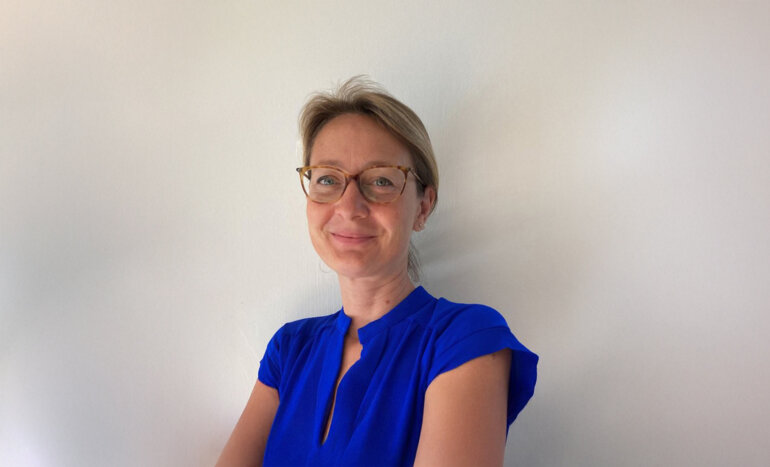
Trustworthy and explainable AI – a key to equitable oncology?
Mitigating research biases by rigorous data analysis and validation can pave the way for a wider adoption of artificial intelligence in cancer care
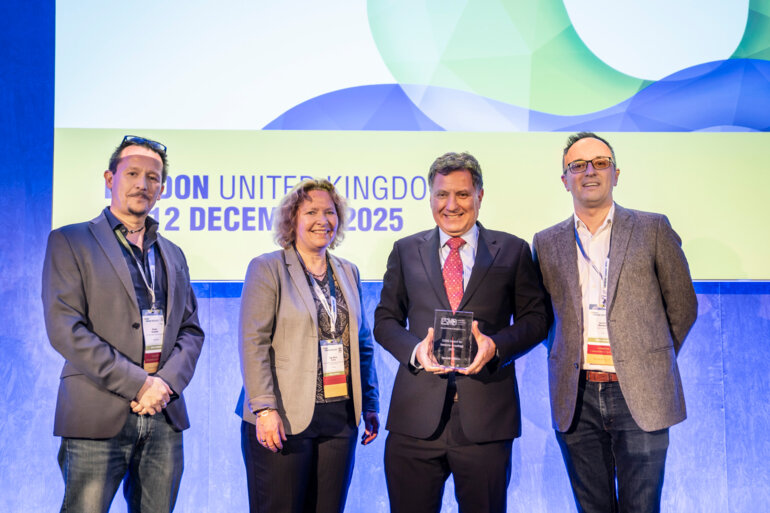
Exploring synergy to keep the immunotherapy flame alight
2025 ESMO Immuno-Oncology Awardee, Ignacio Melero, is confident that combinations and novel multispecific agents will result in synergistic strategies to ensure the continued success of cancer immunotherapy
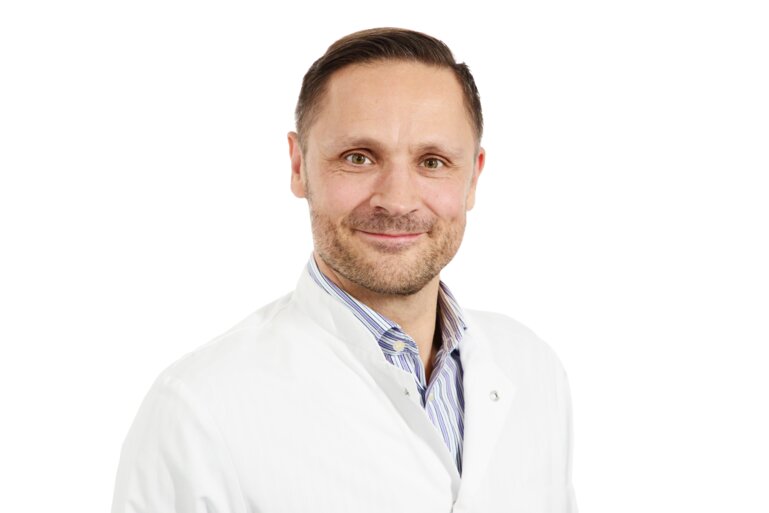
The first ESMO guidance for AI-based biomarkers
In a newly released framework paper, ESMO defines criteria for assessing and implementing AI-based biomarkers in oncology
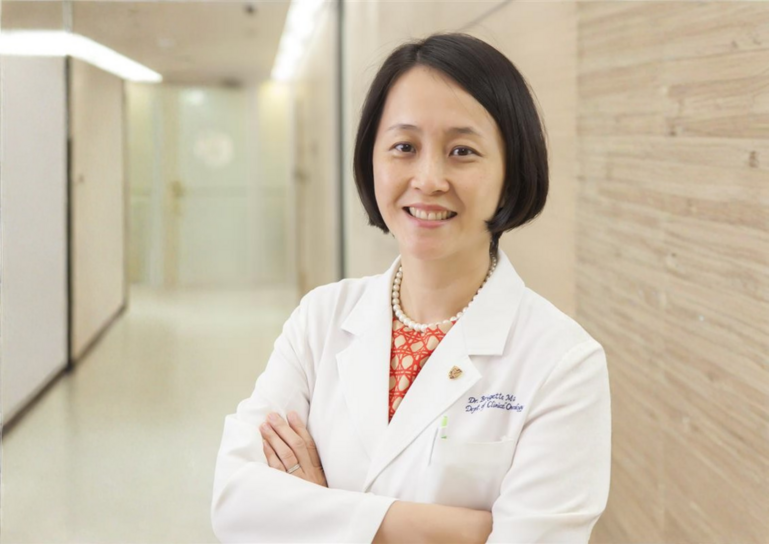
Ma: “We all need more than one mentor”
For Prof. Brigette Ma, dealing with diversity and finding opportunities in criticisms are essential to grow as oncology professionals
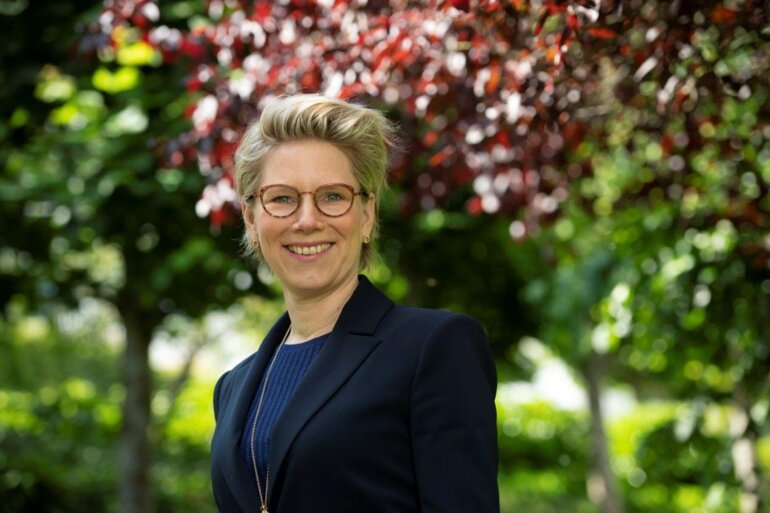
Harnessing Large Language Models in oncology: ESMO’s framework for integration in the clinic
The ELCAP statements, developed by a group of international experts, help oncology stakeholders recognise the opportunities and the risks of these artificial intelligence systems by categorising them into three types
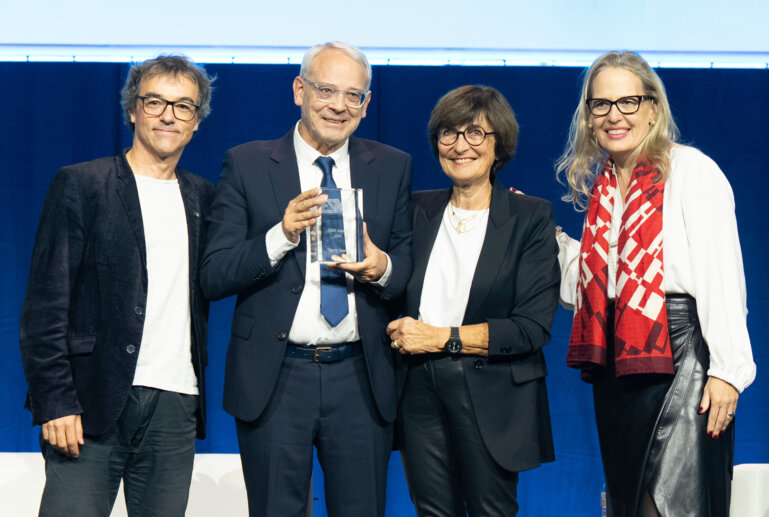
The long road toward treatment personalisation for pancreatic and rectal cancers
The 2025 ESMO Awardee, Thierry Conroy, traces the major advances in the field while noting that several barriers to improving patient outcomes remain
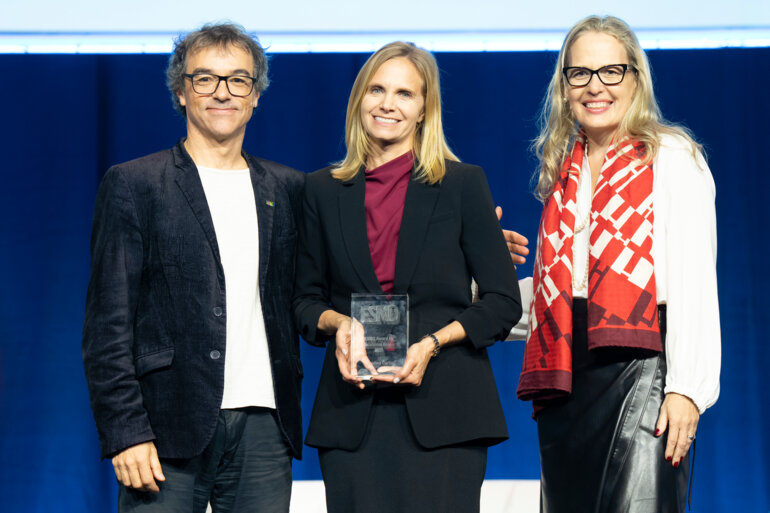
How will computational and AI tools guide future anticancer strategies?
Growing evidence shows that AI models can predict a patient's disease trajectory and signal the need for early therapeutic intervention
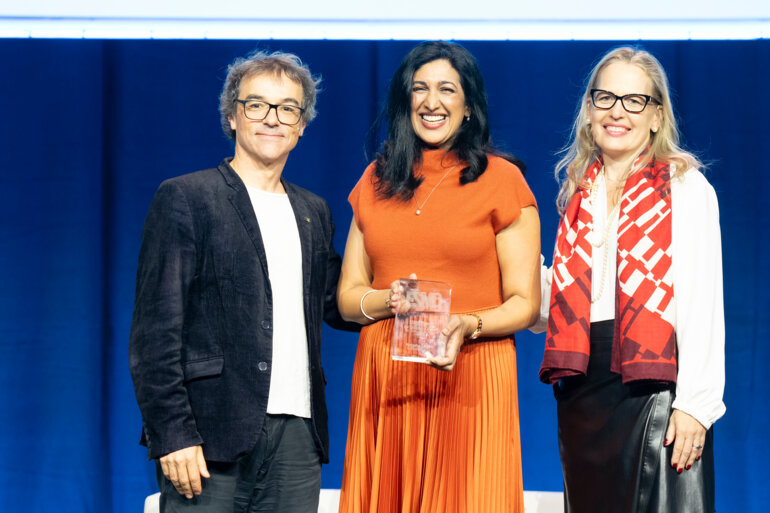
Mentoring is key to address the gender gap in oncology
Receiving the 2025 ESMO Women for Oncology Award, Dr Natasha Leighl stresses the importance of passing along learnings, support and opportunities to others
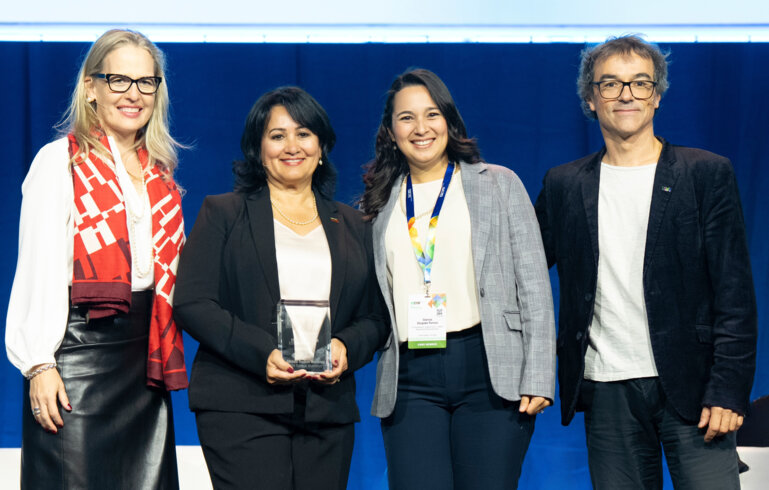
ESMO confers a new award on pioneer female oncologist in Ecuador
Glenda Ramos Martínez receives the ESMO Oncologist of the Year Award, launched this year by the Society
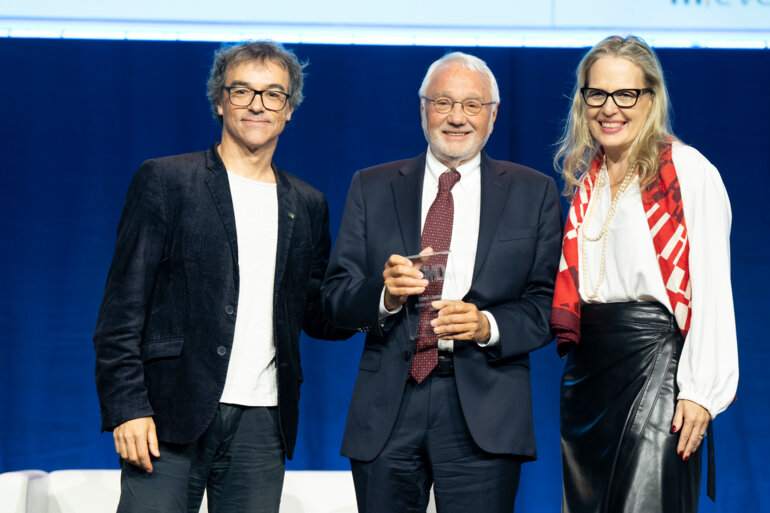
International collaboration and a shared vision are key to improving cancer patients’ lives
The 2025 ESMO Lifetime Achievement Awardee, Prof. Rolf Stahel, reflects on the role of the oncology community to drive progress in cancer care
